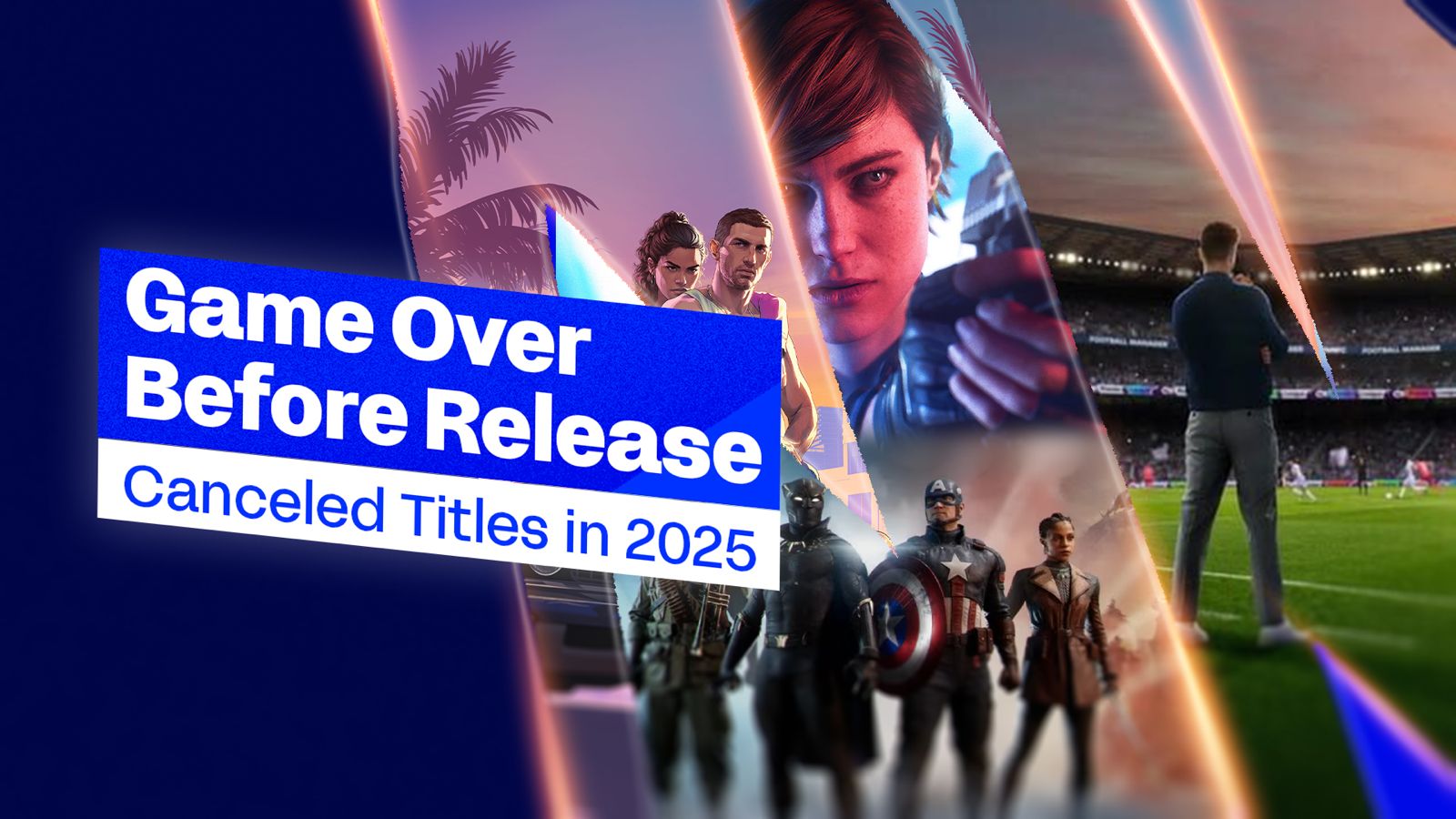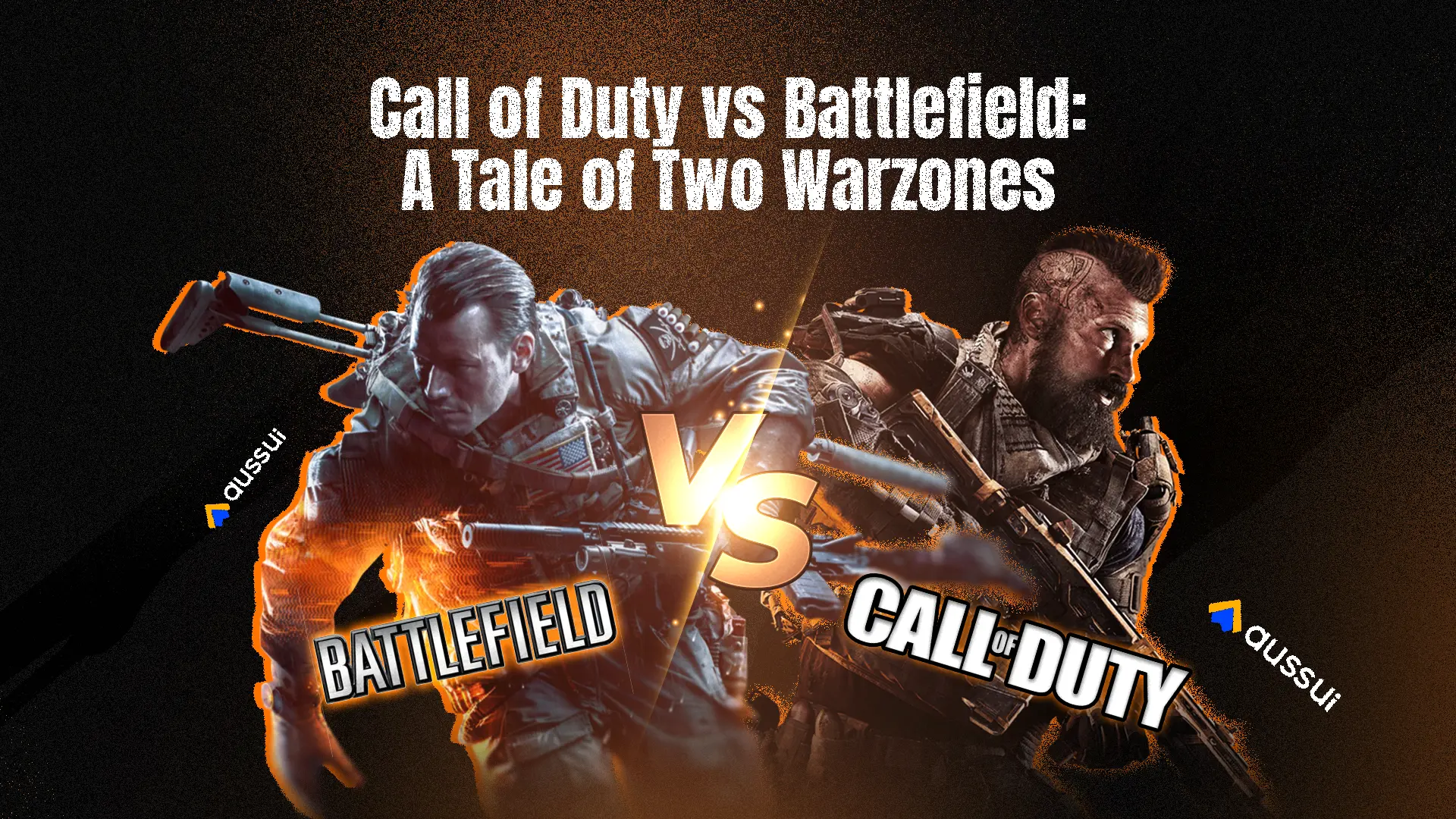
2025 has been a year of high anticipation , and even higher disappointment. While we’re used to delays in gaming (just ask any GTA or Hollow Knight fan), this year has seen an unprecedented number of both delayed and canceled projects. From AAA powerhouses to indie darlings, some of the most anticipated games were either pushed far into the future or scrapped entirely.
This post brings together the major titles that won’t arrive in 2025, and some that may never arrive at all.
Canceled Games of 2025
While delays can still leave room for optimism, cancellations mark a definitive end—a permanent "Game Over" that no patch or update can fix. This year has seen the axe fall on several high-profile projects, each reflecting broader turmoil within the industry. Here are the major titles that were officially canceled in 2025:
-
Perfect Dark
Xbox Game Studios' ambitious reboot under The Initiative was scrapped after significant internal upheaval, including widespread layoffs and leadership departures. Once billed as a cornerstone of Xbox's future, the project collapsed under the weight of its own ambition.
-
Wonder Woman :
Monolith Productions' much-anticipated foray into the superhero genre was abruptly terminated in February. The cancellation came amid sweeping restructuring at Warner Bros. Interactive, dashing hopes for a fresh take on the iconic heroine.
-
Kingdom Hearts: Missing-Link :
Square Enix pulled the plug on this mobile spin-off following a rocky beta test plagued by technical issues and a lukewarm reception. Despite the franchise’s loyal fanbase, the project couldn’t justify moving forward.
-
Hytale
Initially hailed as the spiritual successor to Minecraft, this sandbox adventure from Hypixel Studios officially ended development in June. After years of anticipation, development setbacks and shifting creative visions ultimately doomed the project.
-
Earthblade
Created by the team behind the acclaimed Celeste, this atmospheric Metroidvania title was shelved due to unresolved creative differences. Despite its promising art style and concept, the team chose to walk away rather than compromise.
-
Untitled Titanfall Project :
Rumored to be a single-player experience set in the Apex Legends universe, this secretive title was shut down by Respawn Entertainment before it was ever formally announced. The decision likely stemmed from resource constraints and shifting studio focus.
-
Everwild
Rare’s visually stunning and enigmatic survival game was quietly shelved after years of uncertainty. Internal development challenges and changing priorities at Microsoft left the project adrift with no clear path forward.
-
Football Manager 25
In a surprising move, the next installment of this long-running sports management series was canceled, possibly due to unresolved licensing negotiations or a pivot in SEGA’s internal strategy.
These cancellations reveal more than individual setbacks, they highlight a growing pattern of risk aversion, soaring development costs, and an industry increasingly dominated by live-service models and corporate restructuring. Creativity still thrives, but the room for experimentation is shrinking.
The Biggest Delays of 2025
According to GameSpot’s June 2025 report, this year has seen an avalanche of delays across all corners of the industry , from blockbuster franchises to promising indie darlings. Some titles have been postponed with new dates in sight; others remain in limbo with no clear future. Here’s a breakdown of the most significant delays:
-
GTA VI :
Now slated for May 26, 2026. While Rockstar delays are practically tradition at this point, the confirmation still shook fans hoping for a 2025 release.
-
Fable (Reboot) :
Pushed to 2026 with little communication from Playground Games, keeping fans in the dark about the state of Albion’s return.
-
Marvel 1943: Rise of Hydra :
Skydance New Media’s ambitious WWII superhero tale was bumped to 2026, adding to concerns about the scale and scope of the project.
-
Marathon :
Bungie’s multiplayer extraction shooter reboot was delayed following poor playtest feedback and ongoing internal layoffs, raising doubts about its direction.
-
The Wolf Among Us 2 :
After years of anticipation and multiple postponements, the game no longer has a release window. Telltale remains silent on its future.
-
Prince of Persia: The Sands of Time Remake :
Once a cornerstone of Ubisoft’s nostalgic revival, this troubled remake has been delayed indefinitely, despite recent success with The Lost Crown.
-
Hollow Knight: Silksong
The poster child for eternal delays. No updates. No window. Just endless longing.
-
Crysis 4 :
Development was put on hold as Crytek shifted focus to Hunt: Showdown 1896, a major pivot that leaves Crysis fans in suspense.
Why Is This Happening?
The wave of delays and cancellations in 2025 goes far beyond missed deadlines or creative pivots. It reflects deep, systemic challenges that are reshaping the entire gaming industry from the inside out:
Widespread Layoffs & Studio Closures
Major publishers, including Microsoft, Sony, EA, and Ubisoft ,have undergone aggressive restructuring efforts this year. Entire teams have been laid off, studios shuttered, and promising projects axed mid-development. These cost-cutting measures have disrupted pipelines, gutted creative momentum, and left many games stranded in limbo.
Chronic Over-Scoping
In the race to promise bigger worlds, deeper systems, and longer playtimes, many titles have buckled under their own ambition. Games like Starfield and Redfall set cautionary precedents—highly marketed, feature-stuffed experiences that underdelivered at launch. Developers are increasingly forced to scale back or start over as expectations outpace reality.
Developer Burnout & Production Strain
Years of remote and hybrid work models, coupled with ongoing geopolitical tensions and internal mismanagement, have taken a toll. Studios report mounting creative fatigue and logistical hurdles, with tight deadlines often clashing with unstable production environments. Burnout isn’t just common it’s endemic.
Shifting Market Priorities
The industry is doubling down on what’s safe and profitable. Publishers are prioritizing live-service models, established IPs, and mobile-friendly formats over experimental or narrative-driven projects. Risk-averse decision-making is squeezing out mid-budget games and original ideas, leaving less room for innovation.
The result?
An industry caught between ambition and austerity—where creative vision must constantly wrestle with corporate demands, player expectations, and production realities. Until these structural issues are addressed, more delays and cancellations may be the new norm.
Last updated: December 4, 2025, 8:43 PM





